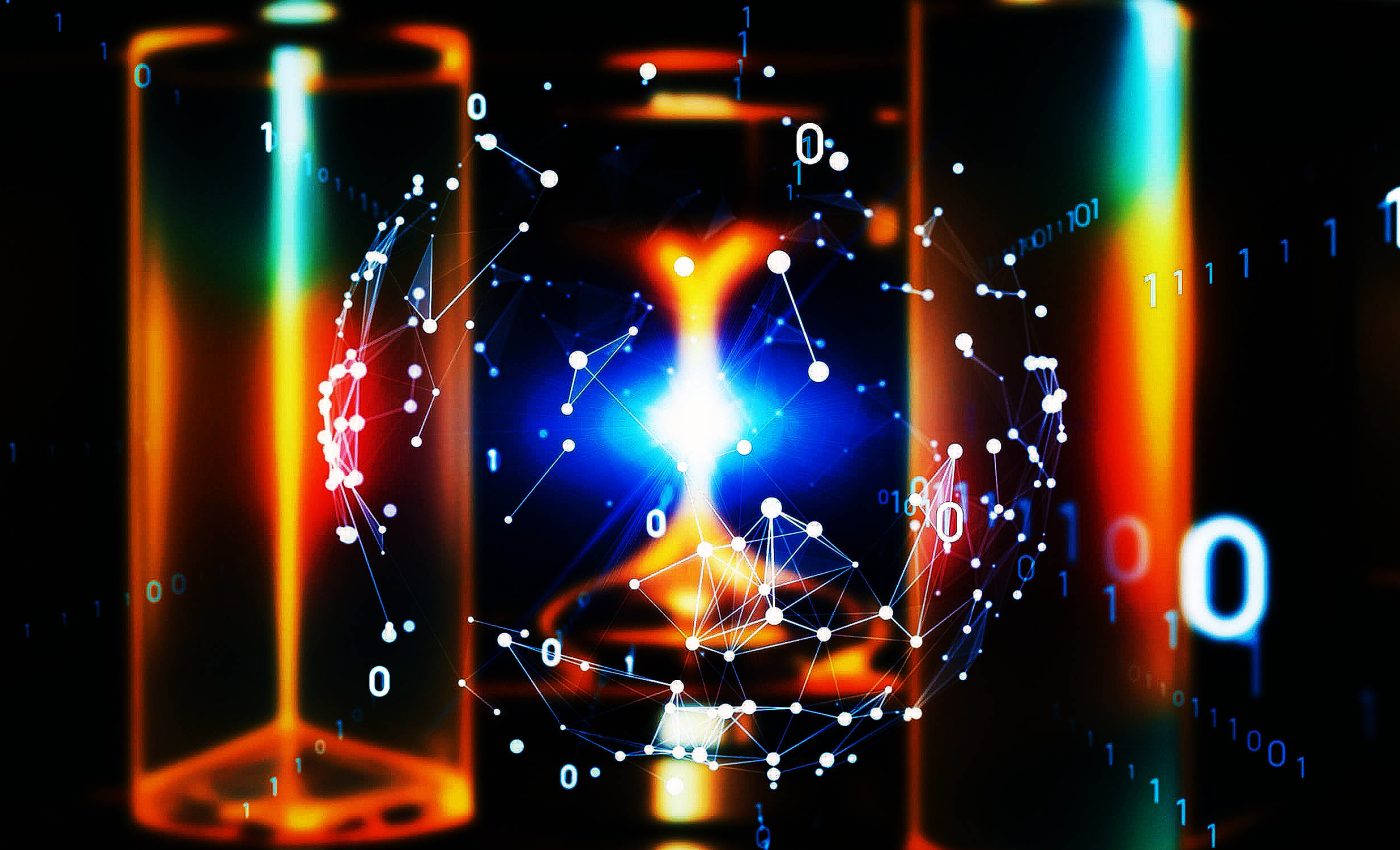
Using artificial intelligence to make quantum computers a reality
Have you ever considered the potential of artificial intelligence (AI) to unlock the secrets of advanced quantum computing?
This once seemingly impossible feat may soon become a reality, as suggested by new research from Australia’s national science agency, CSIRO.
AI and quantum computing noise
The research, published in the prestigious Physical Review Research journal, presents a fascinating and important concept.
It indicates AI’s remarkable potential to process and resolve quantum errors, which are famously termed as ‘qubit noise’.
Now, why do these quantum errors matter so much in the universe of quantum computing?
This noise, which arises from various sources such as environmental interference and imperfections in the quantum system, apparently is the largest hurdle in transitioning quantum computers from being purely experimental devices to practical, everyday tools.
Overcoming this noise barrier is crucial because it will enable quantum computers to achieve their full potential, performing complex calculations at speeds unimaginable with classical computers.
The application of AI in this context could be a significant step towards realizing the dream of functional and reliable quantum computing technology.
Moving from bits to qubits
For those curious about the term ‘qubit,’ let’s delve into a brief overview. In conventional computers, information is stored and processed in ‘bits,’ each representing either 0 or 1 based on binary principles.
This binary system is the foundation for all computations, from simple arithmetic to complex algorithms, in classical computing.
Quantum computers, however, operate with quantum bits or ‘qubits.’ Unlike traditional bits, qubits can represent 0, 1, or both 0 and 1 simultaneously, thanks to the principles of quantum mechanics, specifically superposition.
This allows qubits to exist in multiple states at once. Additionally, qubits can exhibit entanglement, where the state of one qubit is intrinsically linked to the state of another, regardless of distance.
These extraordinary properties of qubits promise a level of computing power far beyond that of conventional computers.
Role of AI in quantum computing
But here’s the catch. Qubits, despite their immense computational potential, are incredibly delicate and prone to disturbances from their environment.
Their fragility leads to quantum computers often churning out ‘noise,’ or errors, in their outputs, which can significantly impact their performance and reliability.
This is where quantum error correction codes come to the rescue. These sophisticated algorithms are designed to detect and correct these errors, ensuring that the computations remain accurate and the integrity of the quantum data is maintained.
Without these error correction codes, the practical use of quantum computers would be severely limited.
Dr. Muhammad Usman, the leader of CSIRO’s Data61 Quantum Systems Team, reveals the role of AI in making this error correction process efficient.
His team employed an AI neural network syndrome decoder to identify errors and make appropriate corrections.
“Our work for the first time establishes that a machine learning-based decoder can, in principle, process error information obtained directly from measurements on IBM devices and suggest suitable corrections despite the very complex nature of noise,” Usman explained.
“In our work, we do not observe error suppression when the error correction code distance is increased, as theoretically anticipated, due to currently large noise levels (above code threshold) in IBM quantum processors.”
Future of AI in quantum computing
What does this mean for the future of quantum computing? Unfortunately, the research didn’t observe error suppression when the error correction code distance increased, largely due to the high noise levels in IBM quantum processors.
However, with physical error rates expected to reduce within the next few years, the use of AI could potentially enable error suppression with the increasing code distance, possibly paving the way for full fault-tolerance.
The importance of Dr. Usman’s work couldn’t be overstated, given the current landscape of quantum computing.
The use of AI in quantum error correction codes represents a transformative moment in the journey of quantum computers from experimental devices to efficacious tools.
So, AI might just turn out to be the magic wand, waving away one of the biggest challenges in quantum computing. No wonder, science never ceases to surprise us, does it?
While we are still some way off from quantum computers becoming a common reality, there’s no denying the potential impact this research could have on our future.
The combination of AI and quantum computing might just be what we need to make a quantum leap in technology.
The full study was published in the journal Physical Review Research.
—–
Like what you read? Subscribe to our newsletter for engaging articles, exclusive content, and the latest updates.
Check us out on EarthSnap, a free app brought to you by Eric Ralls and Earth.com.
—–













